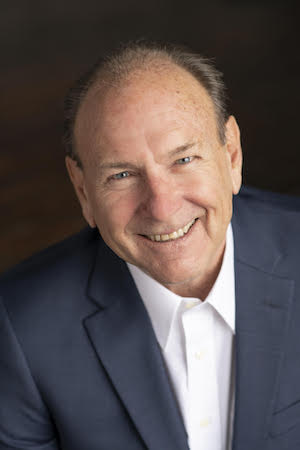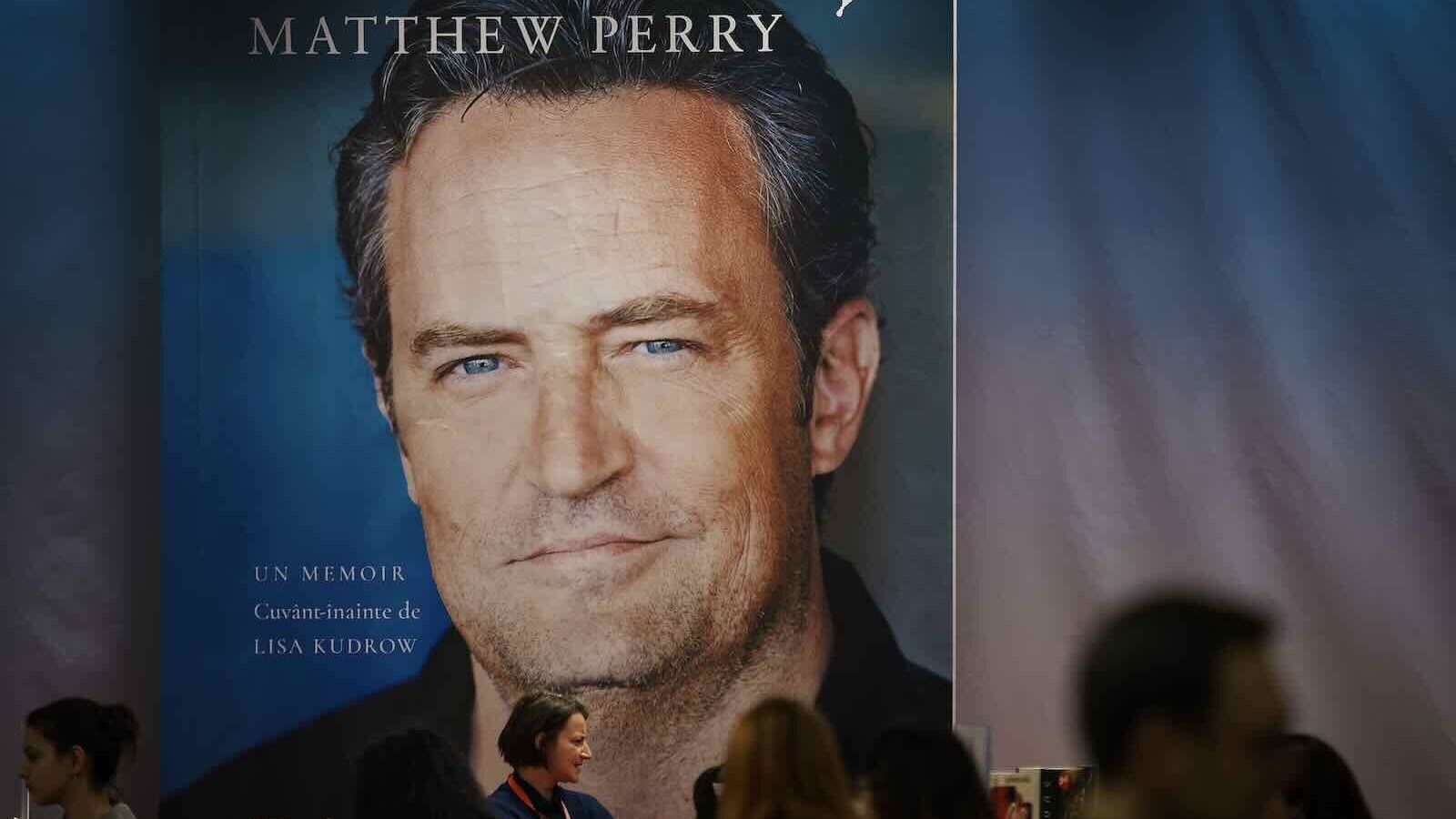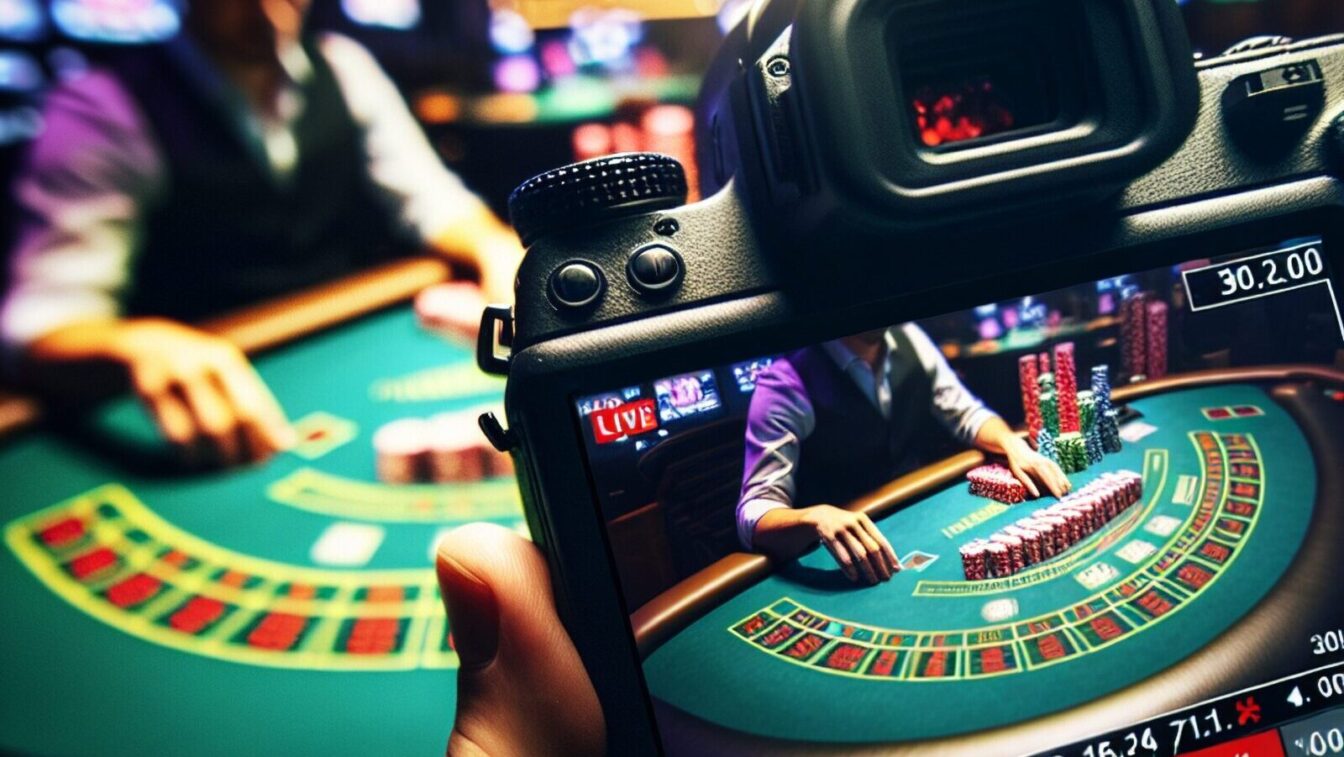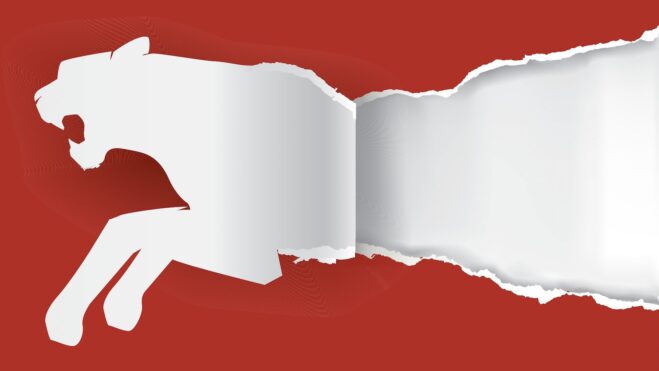“I wonder how much this moron will pay,” and
“Let’s find out”
I grew up in the wilds of Southern California, and as was typical of many households in that area, the Los Angeles Times was dutifully thrown on our driveway seven days a week. As I aged, my field of interest grew in this paper, from the comics to the sports section. Finally, because I was approaching potentially being drafted into having to fight in a dangerous war, I moved my attention to the front page, where Vietnam always seemed to have a prominent place.
In short, my earliest memory of newspapers was created by the L.A. Times. That was my newspaper of record. And while I am presently living far away from California, I still maintain a digital subscription.
Today, as I read it, a story headline captured my attention. It was a column by Culture Columnist and Critic Mary McNamara titled: “The arrests in Matthew Perry’s death expose a system built to prey on addicts.”

The goal of a headline writer is to capture the reader’s attention, and this headline writer was absolutely brilliant, in my opinion, for they captured mine. The part that grabbed me was “… to prey on addicts.” I immediately flashed to what I see as a huge potential downside of online sports betting.
I have been in and around regulated gambling since 1971, when, as a college student, I started working at Bill Harrah’s casino in Reno, dealing cards and dice at night while I attended college during the day.
I have spent much of my life on a casino floor, witnessing the problem gambler as something more than a diagnostic or analytic description. I have talked with the problem gambler in the heat of his disease, dealt cards and dice to the problem gambler, discussed credit with the problem gambler, been assaulted by the problem gambler, sent the problem gambler to his room, and witnessed his social anomie and desperation.
I am also a big supporter of regulated gambling, with an emphasis on the regulated part.
What is going on with gambling today scares me, however, because I worry that some less-than-responsible people will damage the industry’s brand. Moreover, I am concerned that the potential for abuse of the systems delivering the gaming product is so real that if exercised, it will bring about a government and regulatory response that no one will like.
At this point in my career, I want to ensure that gaming systems are sustainable. An exploitative system is not sustainable.
‘I hate you, Richard’
I am not a stranger to addiction, and my lifestyle for many years could be summed up by the expression: “It’s not done until it is overdone.” I also often joke that if a person is not in three or four recovery programs, they are most likely in denial.
I found my way to recovery many years ago through my friend Bill Curran, who, interestingly enough, was the chairman of the Nevada Gaming Commission. I would add that he is also a reference. Bill sent me to recovery in Laguna Beach, California, and after all, recovery in Laguna Beach was cool, for you got to meet actresses and actors, celebrities and rock stars, and a good score of known athletes, or, as we referred to each other, as a bunch of drunks and addicts.
You also get to attend their services and memorials when the addiction wins, and one of the things you learn in recovery is that the addiction often wins.
After leaving the hospital, I opted to hang out in Laguna Beach rather than return to Las Vegas, living at a dude’s house named Father Bob. He was an elderly Episcopal priest in recovery who had opened his house to people in recovery. While there, I received a call from my friend Professor Bill Eadingon. He was hosting a gaming conference at the MGM in Las Vegas and asked if I wanted to speak. I took him up on the deal.
I drove to Las Vegas and went to the MGM. In front of Bill Curran, Bill Eadington, a pretty large support group, and about 300 other industry-related people, I told my story of addiction from both sides of the table, understanding that I was reasonably well known in Vegas in that I had held numerous executive positions there, up to CEO of a casino company.
From that point forward, Bill Eadington, who headed up the International Executive Development Program sponsored by the University of Nevada, Reno, and the University of Nevada, Las Vegas, ensured there was always a session at that program known as “Richard’s Lunch.” At “Richard’s Lunch,” the conference doors were closed, and only the faculty and students were allowed in. During this time, I would spend about 45 minutes telling my story.
I did this for several reasons. One was that I wanted to make sure I remembered who I was. Moreover, every time I gave my talk, a student or faculty member would contact me, and he or she would be struggling. That made it all worthwhile.
My favorite story in recovery involved a gentleman who I came across who was detoxing from crystal meth. I asked him about his support group, and he said he did not need one. I told him I wanted him to call me daily for the next month. The first day, he called and said: “I hate you, Richard.” On the second day, he called and said, “I hate you, Richard,” and so on throughout the month.
Last March, this gentleman celebrated 21 years of being clean and sober. He calls me annually on his “birthday” and tells me he loves me, and we laugh.
The biggest deal for me in recovery, aside from recovery, was being invited to the Betty Ford Clinic to give a talk to about 200 addiction counselors. I later had the opportunity to meet Mrs. Ford, who, in my book, was an enormous profile in courage. What she did and when she did it, with complete honesty and candor, was amazing. It changed the whole addiction conversation.
Ghosts in the machine
Getting back to that notion of Mr. Perry being surrounded by people “… who preyed on his addiction,” I could not help but think of the modern delivery systems we have today in the sports betting world. In the same sense that Mr. Perry was exploited by people who benefited from his addiction, I, too, worry that there may be people who are operating within the tremendously sophisticated systems that deliver sports betting, which also might be benefiting from people’s addictions. And, as with Mr. Perry, this pursuit of riches may lead to people’s deaths.
The betting systems offered today are amazing and get well inside players’ heads. In essence, players often unknowingly surrender themselves to the ghosts within the machine.
Operators, too, have an arsenal of tools and incentives to incite or excite play. I worry about a player many would consider to be in a danger zone, vis a vis problem gambling, being identified as an asset to be exploited in the pursuit of profit by an operator. In short, when does the red light flash, and what is the response to that red light?
I sense that the regulators do not know when that red light begins to flash or what is happening on the operator’s side as it first shows itself and then becomes a blaring glare.
I fear that Matthew Perry’s story may be a parable for online sports betting today, and that should concern every regulator alive. It is time for regulators to dig in and discover what is happening in this new sports betting space, for lives depend on it.
What is critically important to understand is that Perry thought the people surrounding him and preying upon his disease were his friends.
That is how it works.
—
Richard Schuetz entered the gaming industry working nights as a blackjack and dice dealer while attending college and has since served in many capacities within the industry, including operations, finance, and marketing. He has held senior executive positions up to and including CEO in jurisdictions across the United States, including the gaming markets of Las Vegas, Atlantic City, Reno/Tahoe, Laughlin, Minnesota, Mississippi, and Louisiana. In addition, he has consulted and taught around the globe and served as a member of the California Gambling Control Commission and executive director of the Bermuda Casino Gaming Commission. He also publishes extensively on gaming, gaming regulation, diversity, and gaming history. Schuetz is the CEO American Bettors’ Voice, a non-profit organization dedicated to giving sports bettors a seat at the table.




